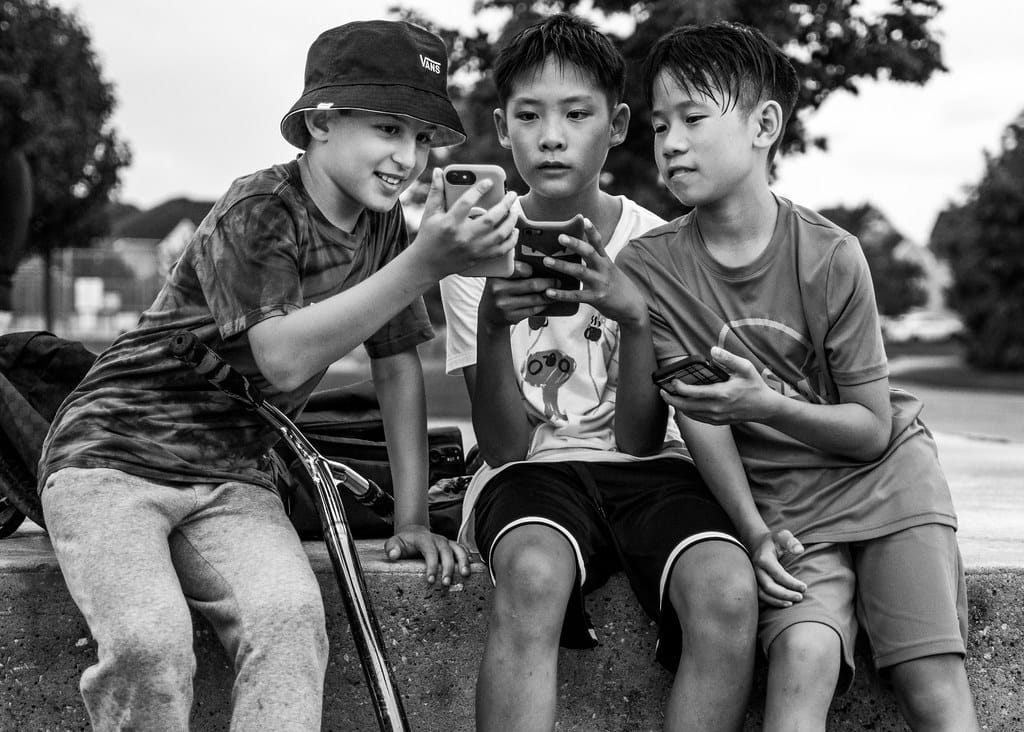Teachers Sound the Alarm: Why Educators Are Urging Parents to Rethink Childhood Smartphones
A growing chorus of educators across the globe is issuing an urgent plea to parents: resist the pressure to buy your children smartphones. As classrooms become increasingly disrupted by digital distractions and mental health concerns among young people continue to rise, teachers are taking a stand against what many consider the premature introduction of powerful technology into children's lives.
The Classroom Crisis
Recent surveys reveal that teachers are witnessing firsthand the dramatic impact smartphones have on student behavior and learning outcomes. According to the National Education Association, 87% of educators report that smartphone use during class time has increased significantly over the past five years, with many describing it as their greatest classroom management challenge.
Sarah Mitchell, a middle school English teacher in Portland, Oregon, describes the transformation: "I've watched students go from being naturally curious and engaged to constantly checking their pockets for phantom notifications. It's like they've developed a digital dependency that's rewiring their ability to focus."
The statistics are sobering. Research from the University of California, Irvine found that after a digital interruption, it takes an average of 23 minutes for students to fully refocus on academic tasks. When multiplied across a typical school day, these interruptions can severely impact learning outcomes.
Beyond the Classroom: Mental Health Implications
Teachers aren't just concerned about academic performance—they're witnessing a mental health crisis unfold before their eyes. The American Academy of Pediatrics reports that teenage depression rates have increased by 25% since 2010, coinciding with the widespread adoption of smartphones among young people.
Dr. Jean Twenge's landmark research published in the Journal of Abnormal Psychology found that teenagers who spend more than three hours daily on electronic devices are 35% more likely to show suicide risk factors. Teachers are often the first to notice these warning signs, from social withdrawal to increased anxiety during phone-free periods.
"I see kids who panic when their phone battery dies," explains Mark Rodriguez, a high school counselor in Denver. "They've never learned to be comfortable with boredom or quiet moments. Everything needs constant stimulation."
The Social Fabric Unraveling
Perhaps most troubling to educators is how smartphones are fundamentally altering social dynamics among young people. Lunch periods that once buzzed with conversation now feature tables of silent students, each absorbed in their individual screens.
Research from the Pew Research Center shows that 45% of teenagers report being online "almost constantly," with face-to-face social skills deteriorating as a result. Teachers report increased incidents of cyberbullying, social anxiety, and difficulty with basic interpersonal communication.
International Perspectives and Policy Responses
The concern isn't limited to American educators. France has banned smartphones in elementary and middle schools, while the UK is considering similar measures. In China, regulators have imposed strict limits on gaming and social media use among minors.
These policy responses reflect a growing international consensus that unrestricted smartphone access may be harmful to developing minds. Dr. Anna Lembke, author of "Dopamine Nation," argues that children's brains are particularly vulnerable to the addictive design features built into modern smartphones and apps.
Practical Alternatives and Solutions
Educators aren't simply asking parents to ignore their children's desire for connection and technology. Instead, they're advocating for age-appropriate alternatives that maintain safety while protecting developmental needs.
Many teachers recommend:
- Basic phones that allow calling and texting without internet access
- Smartwatches designed for children with limited functionality
- Established family charging stations where all devices "sleep" overnight
- Designated phone-free times during homework and family meals
The Path Forward
As the new school year approaches, teachers are making their voices heard in parent meetings, newsletters, and community forums. Their message is clear: childhood is becoming increasingly rare, and smartphones are accelerating this loss.
The research supports their concerns, showing that delayed smartphone introduction correlates with better academic performance, improved mental health, and stronger social skills. While the pressure to keep up with peers remains intense, a growing number of parents are choosing to wait—often with their children's eventual gratitude.
Teachers aren't asking parents to reject technology entirely, but rather to thoughtfully consider whether a smartphone is truly necessary for their child's development and well-being. In a world that seems to demand constant connectivity, perhaps the most revolutionary act is teaching children to be comfortable with stillness, presence, and genuine human connection.
